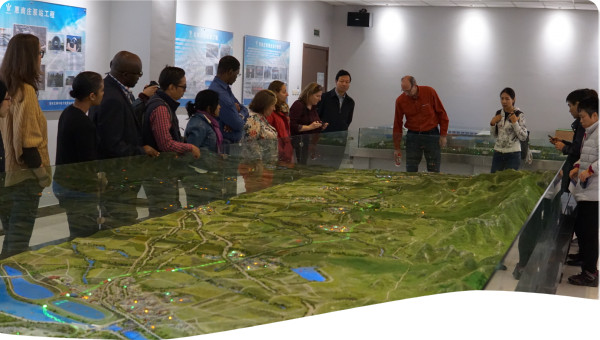In this work we demonstrate that the combination of agent-based modeling and simulation constitutes a useful methodological approach to dealing with the complexity derived from multiple factors with influence in the domestic water management in emergent metropolitan areas. In particular, we adapt and integrate different social submodels, models of urban dynamics, water consumption, and technological and opinion diffusion, in an agent-based model that is, in turn, linked with a geographic information system. The result is a computational environment that enables simulating and comparing various water demand scenarios. We have parameterized our general model for the metropolitan area of Valladolid (Spain).The model shows the influence of urban dynamics (e.g., intrapopulation movements, residence typology, and changes in the territorial model) and other socio-geographic effects (technological and opinion dynamics) in domestic water demand. The conclusions drawn in this way would have been difficult to obtain using other approaches, such as conventional forecasting methods, given the need to integrate different socioeconomic and geographic aspects in one single model. We illustrate that the described methodology can complement conventional approaches, providing descriptive and formal additional insights into domestic water demand management problems.
Description / Abstract
Publication year
Country
Region
Publisher
Thematic Tagging
English
 Resource -
Resource -
